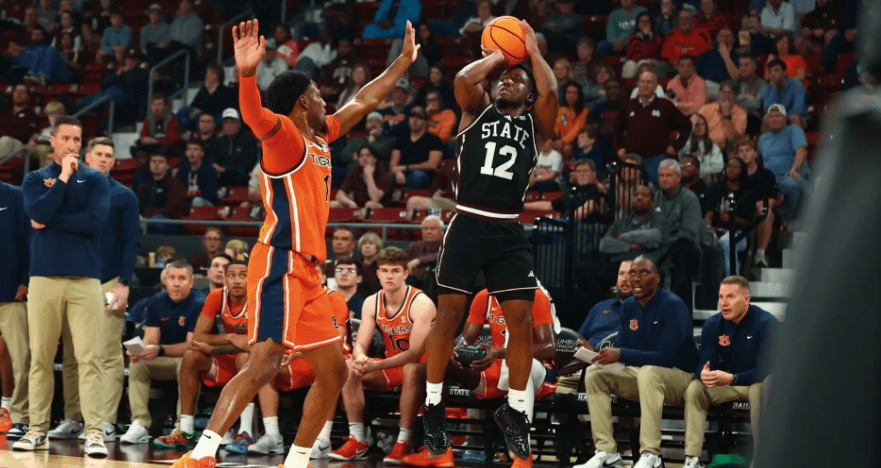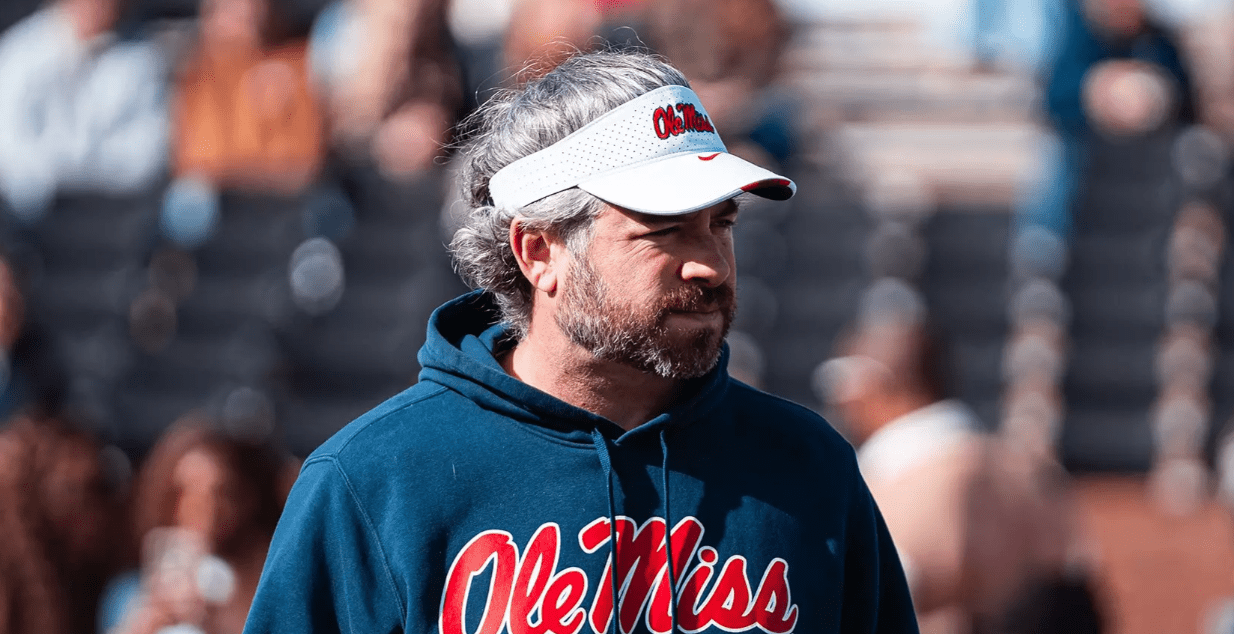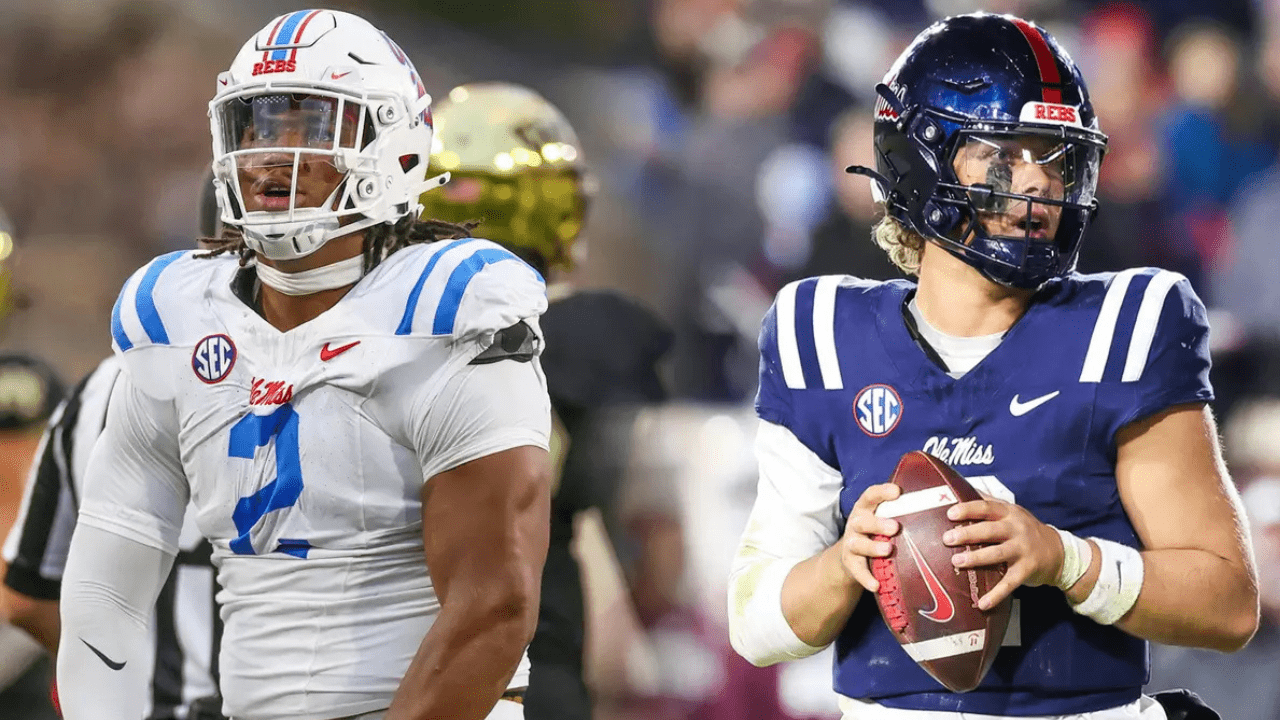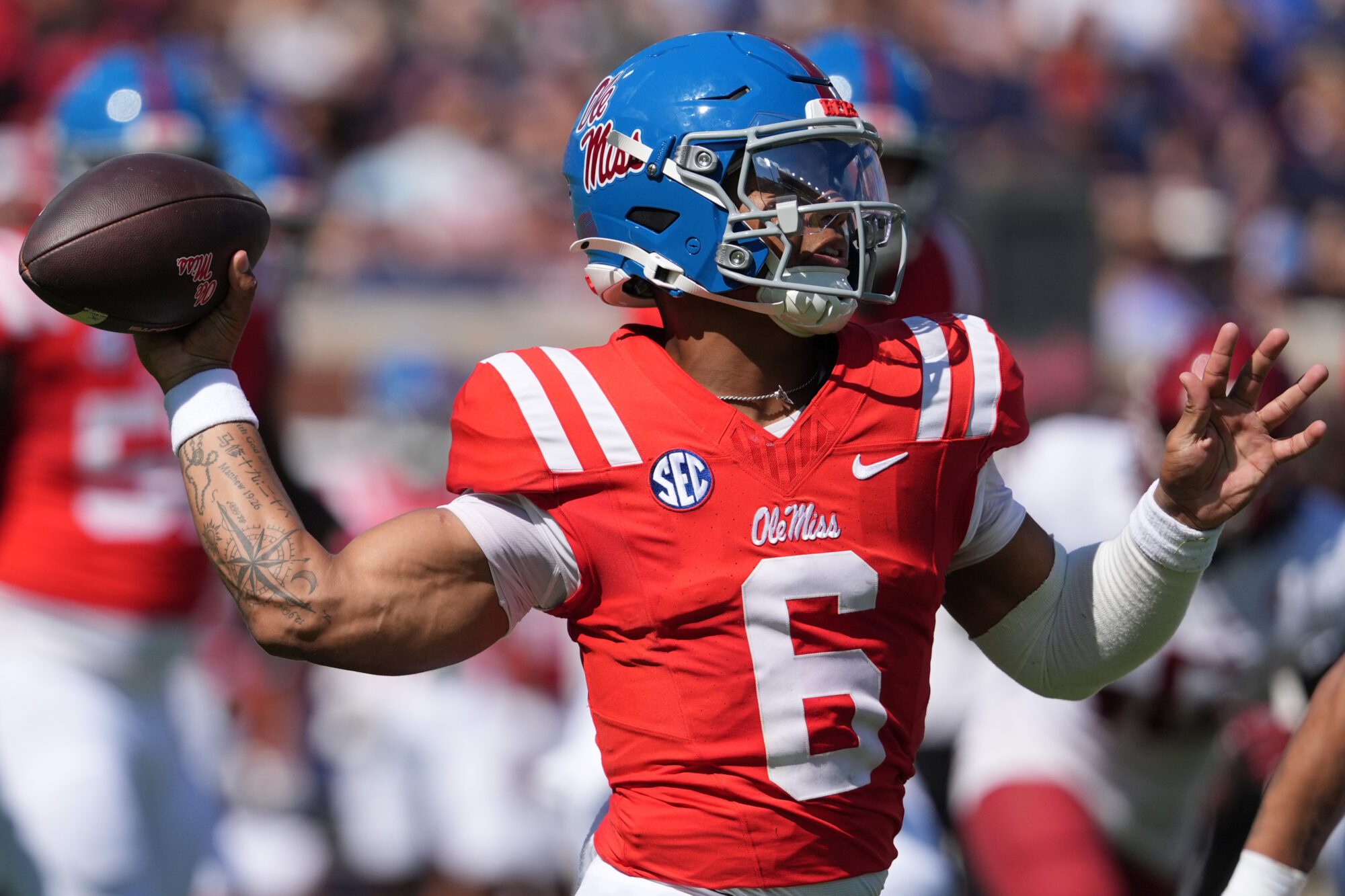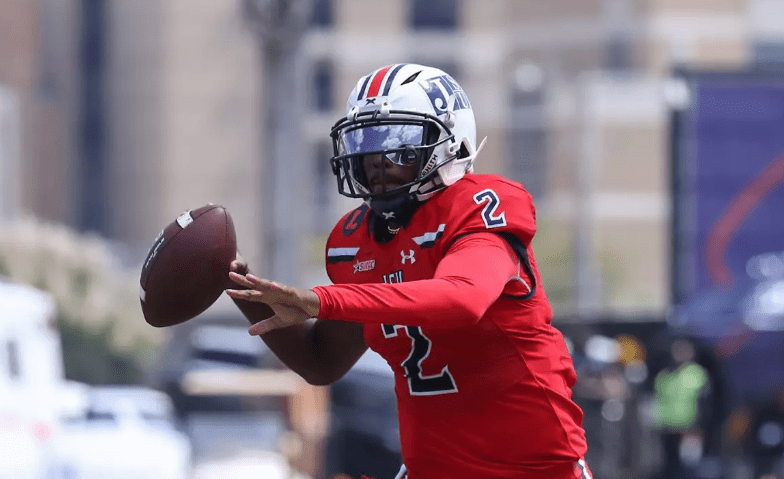
(Photo from Jackson State Athletics)
- Teams will gamble on a player if they think there’s the potential for a great return. Too many NFL scout meetings ended with no consensus that Sanders was worth the risk.
If drama is your thing, the NFL draft never disappoints.
It always produces a victim, a somebody-done-somebody-wrong-song. Shedeur Sanders stepped into that role Thursday night as team after team passed on him until the first round was complete.
Nobody wanted to give the franchise keys to Deion’s son.
Team after team passed on Shedeur again in the second round and – rinse and repeat – in the third and fourth rounds.
Finally, Cleveland stopped the bleeding and gave Sanders the coveted phone call.
Many mock drafts Sanders going to the Browns with the No. 2 overall pick – not in the fifth round with the 166th overall pick.
He had received a 6.30 evaluate grade at NFL.com which the league’s website translates to the border line of “eventually becoming a plus starter” or “eventually becoming an average starter.”
“Sanders possess a baseline of poise, savvy and accuracy, traits that are integral in becoming an NFL starter. He’s slow-twitch with standard arm talent and a longer release, but he worked around those limitations with anticipation and accuracy,” states the website’s draft profile.
This is hardly a can’t-miss eval, but it was enough for NFL.com to rank Sanders as the second-best quarterback in the draft between Miami’s Cam Ward at No. 1 and Ole Miss’ Jaxson Dart at No. 3.
Instead, five quarterbacks were drafted before Sanders – with Ward and Dart in the first round, Louisville’s Tyler Shough in the second, Alabama’s Jalen Milroe and Oregon’s Dillon Gabriel in the third. Gabriel was drafted by Cleveland ahead of Sanders.
Sanders was the Big 12 Offensive Player of the Year this season throwing for 4,134 yards with 37 touchdowns and 10 interceptions. Shedeur Sanders, who had a brief cup of coffee in Mississippi with Pop at Jackson State, totaled 7,364 yards with 64 touchdowns and 13 interceptions in his two seasons at Colorado.
But those are just footnotes.
The draft in any professional sport is about pro potential, not college production.
More telling, perhaps, is the line in his eval that says “mixed results under an intensely bright spotlight.”
That still doesn’t explain the slide.
This was not considered a great year for quarterbacks. What if it was? What if there had been three more QBs rated equal or better than Sanders? He might have drifted further toward the bottom.
As it played out in real time some questioned if Sanders might be headed for the “Mr. Irrelevant” spot as the last player drafted.
Others accused teams of racism which would seem to contradict the league’s end zone messaging as part of its broader 2020 social justice initiatives. “End Racism” is one of the approved phrases.
What say ye?
You can draw you own conclusions about the “Sanders Slide.”
Here’s mine.
In an average year for quarterbacks some teams in their own scouting may have ranked Sanders higher or lower than most of the class after Cam Ward.
It really didn’t matter.
Maybe in a list Sanders was closer to Ward than others in the field, but he really didn’t distinguish himself from his pursuers.
If he had, he’d have been more worthy of the risk.
Teams will gamble on a player if they think there’s the potential for a great return.
Too many NFL scout meetings ended with no consensus that Sanders was worth the risk.
“It’s the same thing in every building,” one general manager told NFL.com. “I don’t think you can get a consensus of 100 percent on him.”
In Sanders the scouts saw physical skills they liked and others, perhaps, they thought they could fine-tune.
If only he’d had something different, one impressive intangible to sway to evaluators his direction.
If only he showed leadership.
What I see, is a player whose team couldn’t win key games at home against Kansas State or at Kansas in late November that could have possibly led to a Big 12 championship. The evaluation hinted at this.
Evaluators praise his poise and confidence, important traits, no doubt.
But a byproduct of leadership is humility, and that’s something the Sanders’ media clips don’t show us much.
Then there’s the dad thing
I imagine there’s too much concern that when you draft Shedeur you get Deion too. They’re linked much closer than your average “football dad” and son. Deion has coached Shedeur for three years in high school and now four years in college.
Deion leans into his “Prime Time” image, and that’s great for generating excitement within the fan base.
It might not be as good for submitting to the authority of another staff of coaches when the answer to the question is “no.”
How would Shedeur respond to that type of answer, and what impact would Deion have on that response which could possibly impact the entire team by extension?
Leadership isn’t always about making the plays yourself.
Sometimes it’s about helping the players around you reach their potential. Help them help you, and along the way the team benefits.
Sometimes that means stepping back to build up others.
